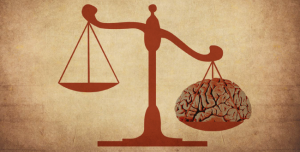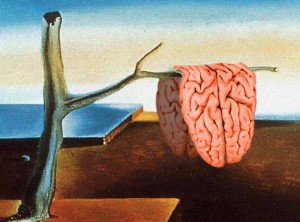
The American Psychology-Law Society (APLS; Division 41 of the American PsychologicalAssociation) met for its annual conference from March 6-8, 2014 in New Orleans, Louisiana. The conference unites North American forensic psychologists, graduate students, legal scholars, and academics in celebrating empirical advances in the field of psychology and law over the last year. This year was no different, especially in city ablaze in joyous celebration of Mardi Gras two days prior. Of particular interest this year were a number of presentations exploring neuroscientific research and implications for psychology and law, including a plenary session, CLBB-led panel, and paper presentation on juror decision-making.




